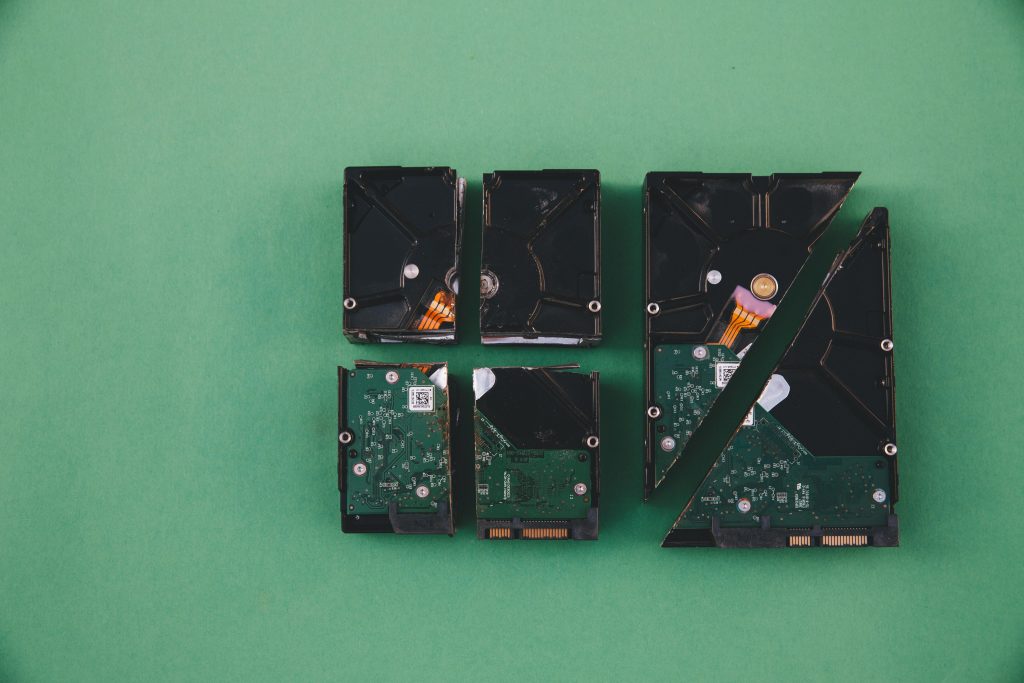The Consequences of Neglecting Server Maintenance: A Cautionary Tale
Today, I encountered a challenging situation that serves as a stark reminder of the importance of regular server maintenance. A client’s server suffered a catastrophic failure, resulting in the loss of critical data that we had cautioned them about for the past three years.
The dual hard drives had likely experienced years of strain, leading to their eventual failure. Upon inspection, the server’s LED indicators were so faint that I initially thought they were non-functional. The HDD error indicators were equally lackluster, hinting at deeper issues.
In an attempt to recover the data, I undertook the reconstruction of their RAID 10 configuration. Unfortunately, the remaining drive was too compromised to retrieve the lost information effectively. Our last backup was just two days prior, and while we are focusing on recovering the most essential files from it, we suspect that even this backup might be corrupted.
Compounding the situation, the server was running on Windows Server 2008. We now face the daunting task of creating a new Active Directory and migrating every computer to this new setup—a process that will undoubtedly incur significant labor costs for the client.
This raises an important question: Was it wise for the client to operate a server beyond its average lifespan, ultimately resulting in weeks of lost productivity? The new server, once procured, will spend additional time in our workshop before installation, prolonging downtime.
The overarching message here is clear: investing in your company’s primary server is essential. Skimping on maintenance can lead to dire consequences that far outweigh any initial cost savings.
As a final note, I must emphasize how dirty this server was—one could easily wonder if someone had been smoking in the server room. This just goes to show that a lack of care can manifest in more ways than one!
Take proactive steps today to ensure your servers are well-maintained, and avoid the pitfalls of negligence tomorrow.
Share this content:



